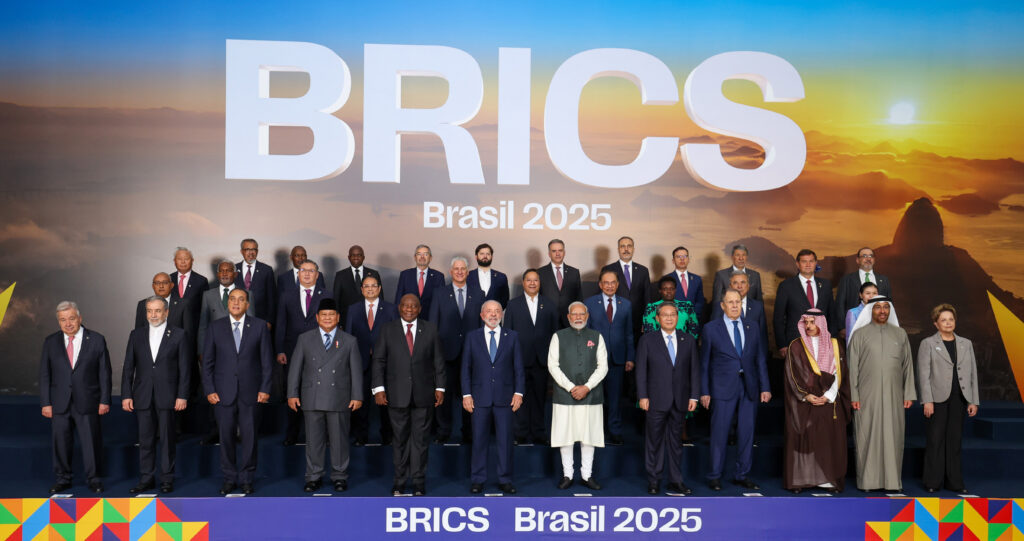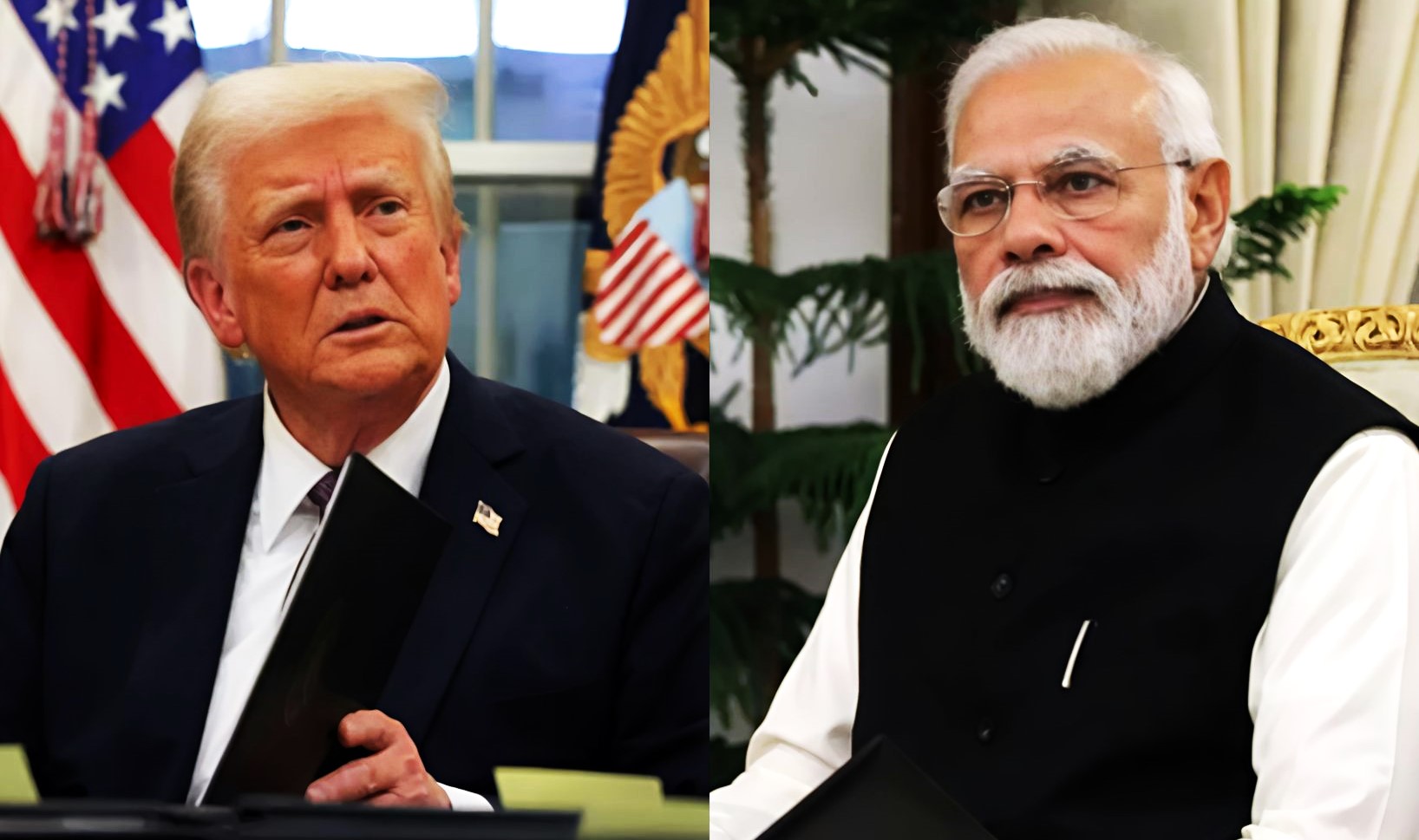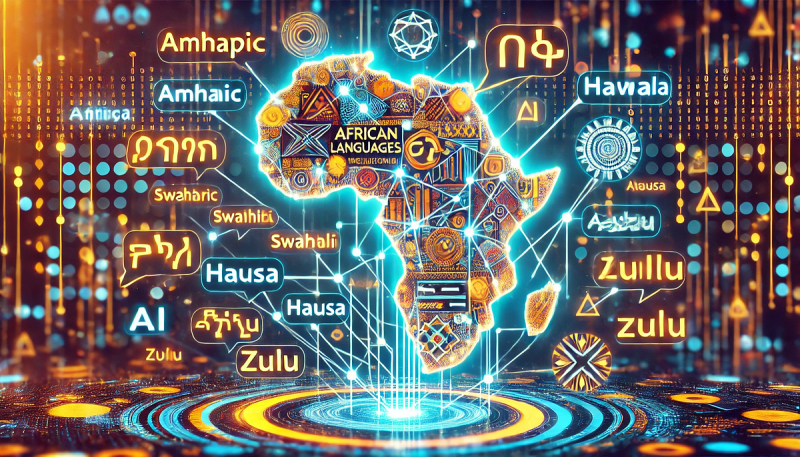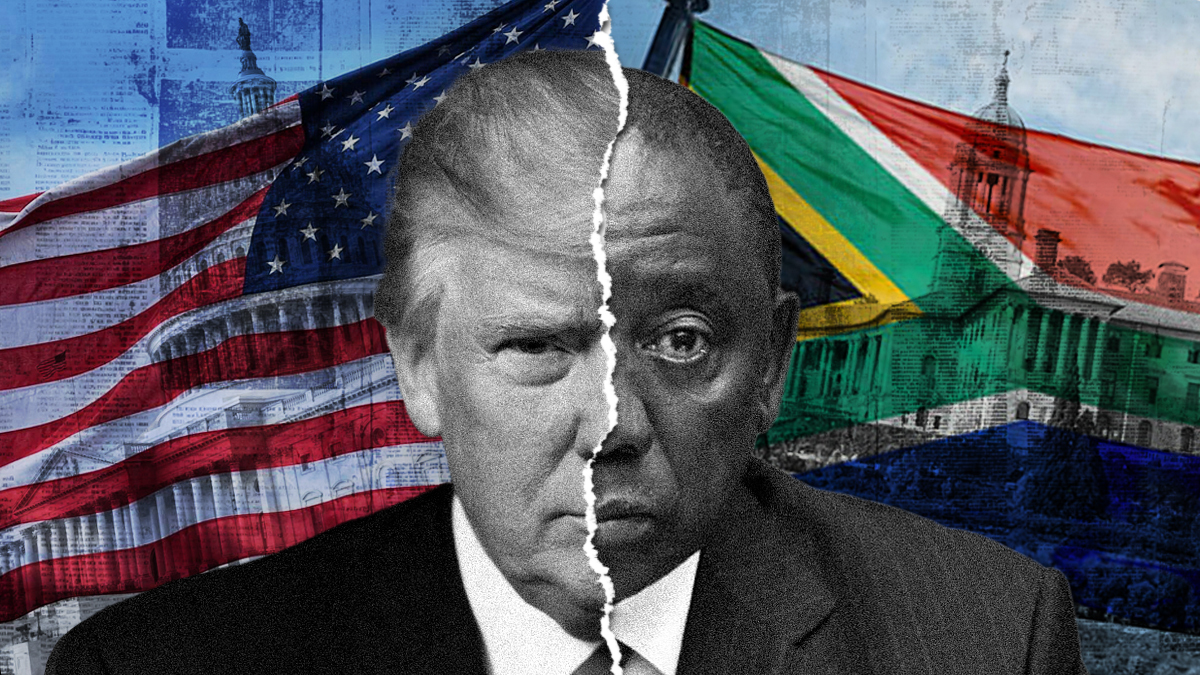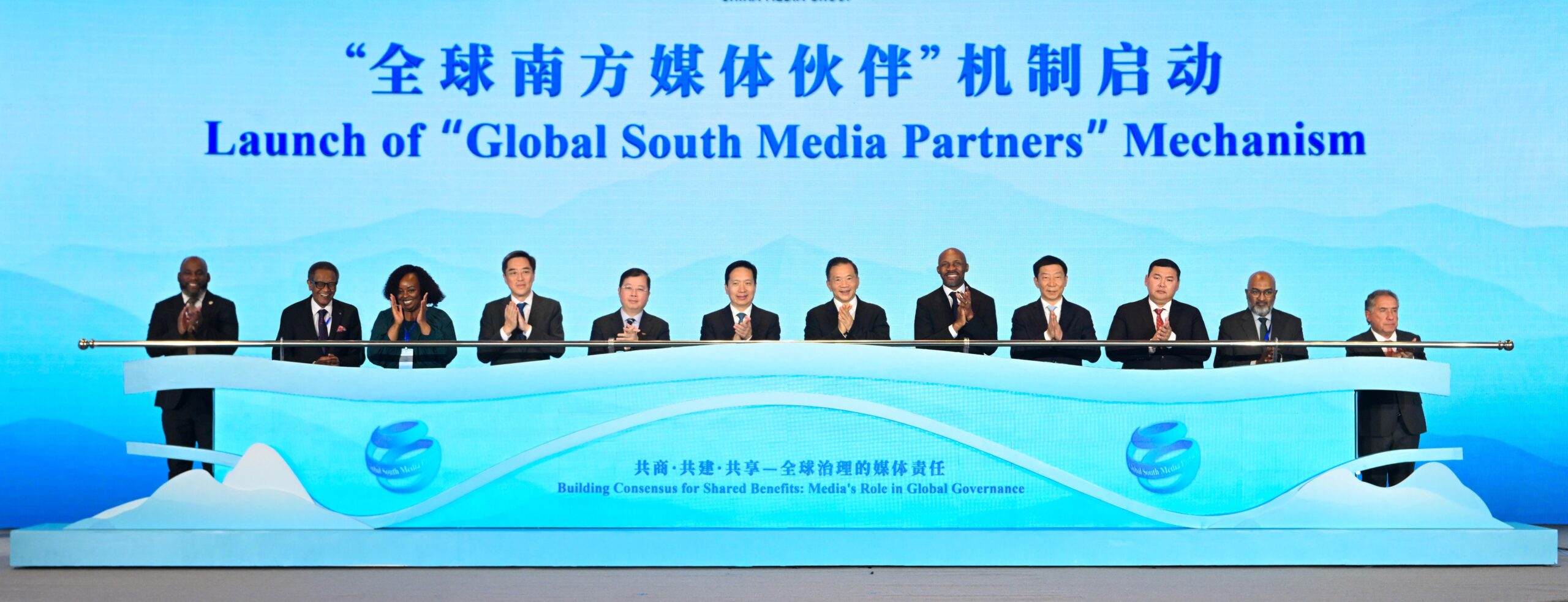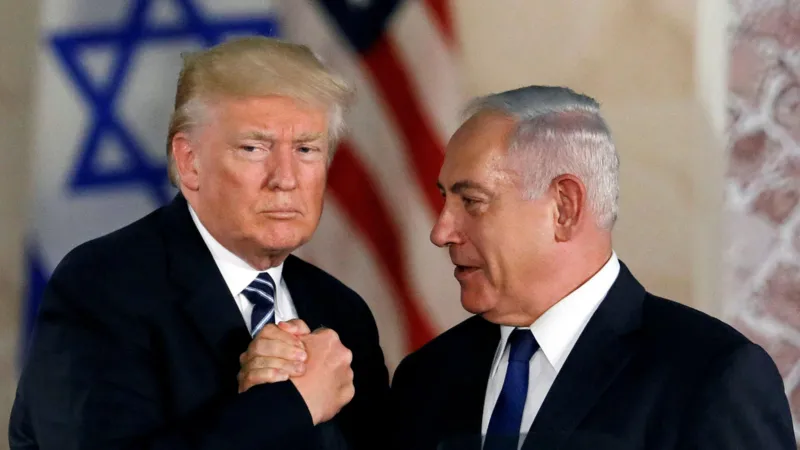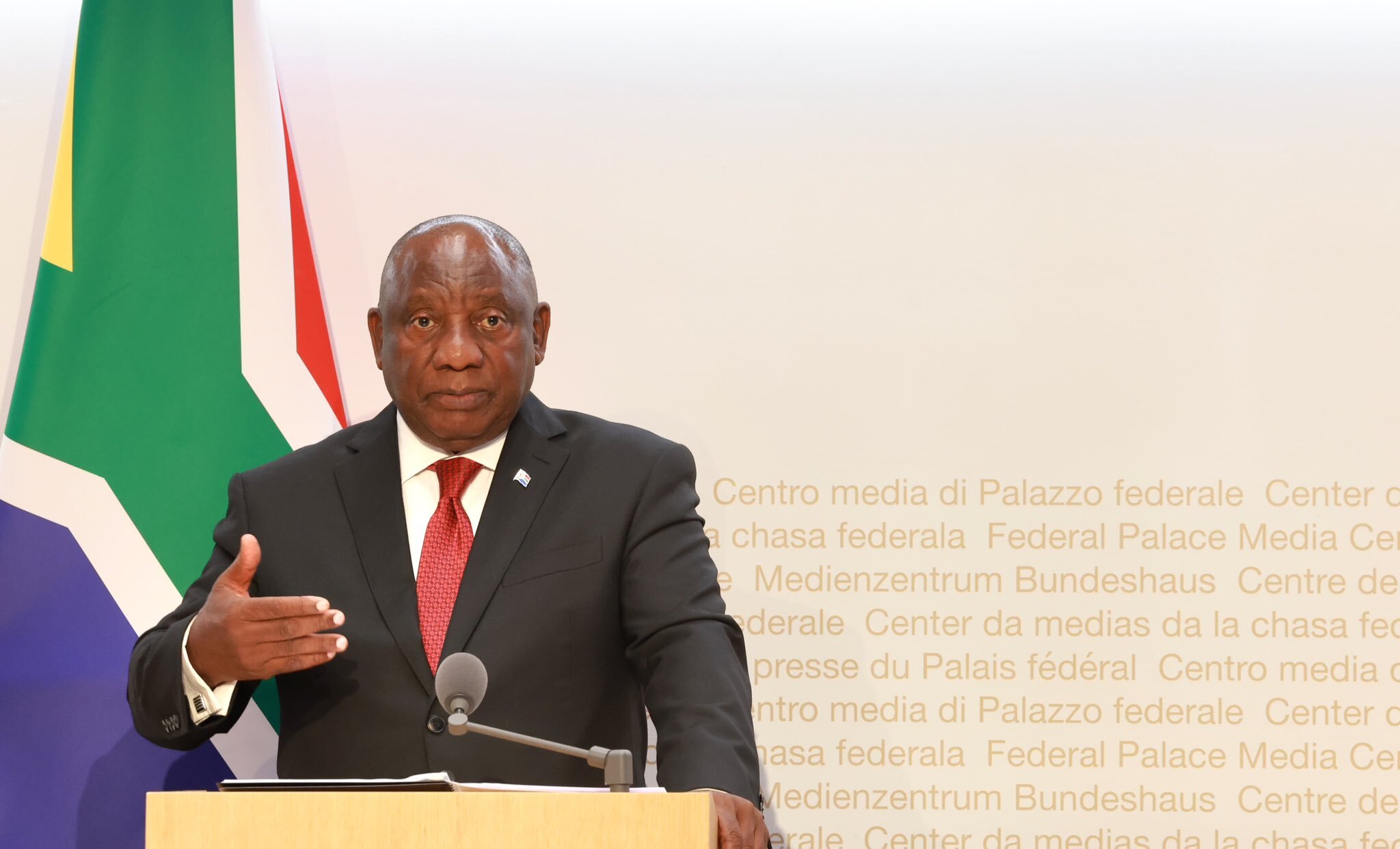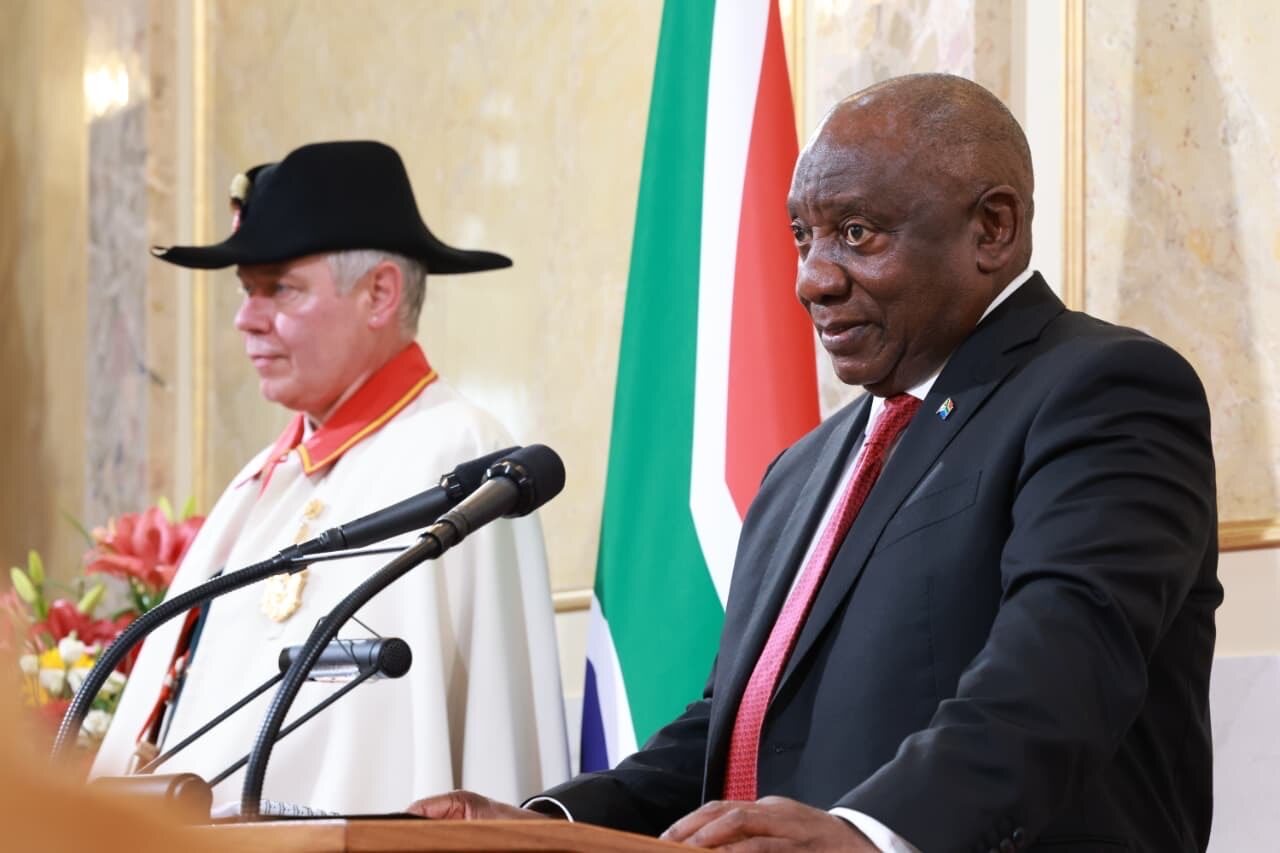India has made it clear: its energy security will not be dictated by foreign powers.
Days before sweeping U.S. tariffs on Indian goods are set to take effect – including a 25% penalty for importing Russian oil – India’s ambassador to Russia, Vinay Kumar, reaffirmed that the country will continue to buy crude “from wherever it gets the best deal.”
This decision is not symbolic. In fact, it’s decisive. Russian oil now makes up over a third of India’s imports, a significant shift since 2021, driven by affordability and access – critical for a nation of a whopping 1.4 billion.
U.S. officials claim these purchases undermine efforts to isolate Russia over the war in Ukraine. But India has pushed back, rejecting the tariffs as “unfair, unreasonable, and unjustified.”
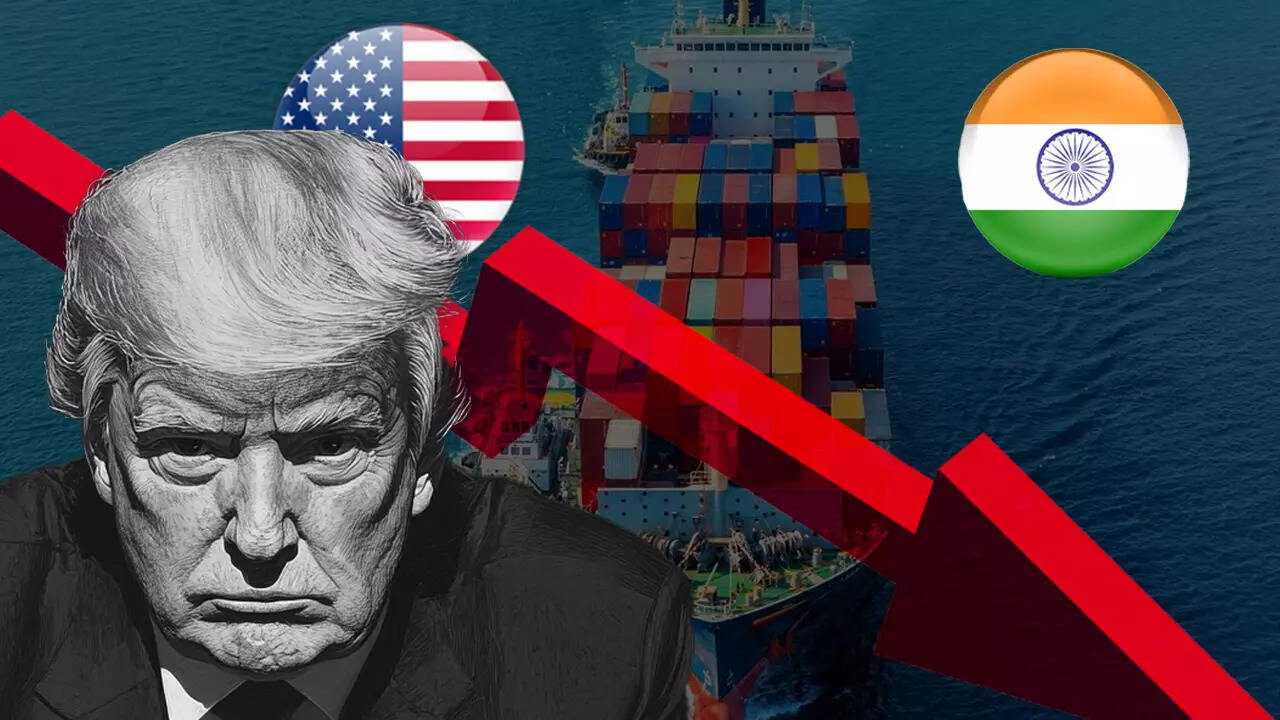
Foreign Minister S. Jaishankar underscored the double standard: the U.S. has imposed no such penalties on China or the EU, despite their continued trade with Russia.
India’s stance reflects more than national interest – it signals a wider assertion of sovereignty across the Global South. For BRICS nations like South Africa, this is a familiar line: resisting selective pressure while navigating complex global realities.
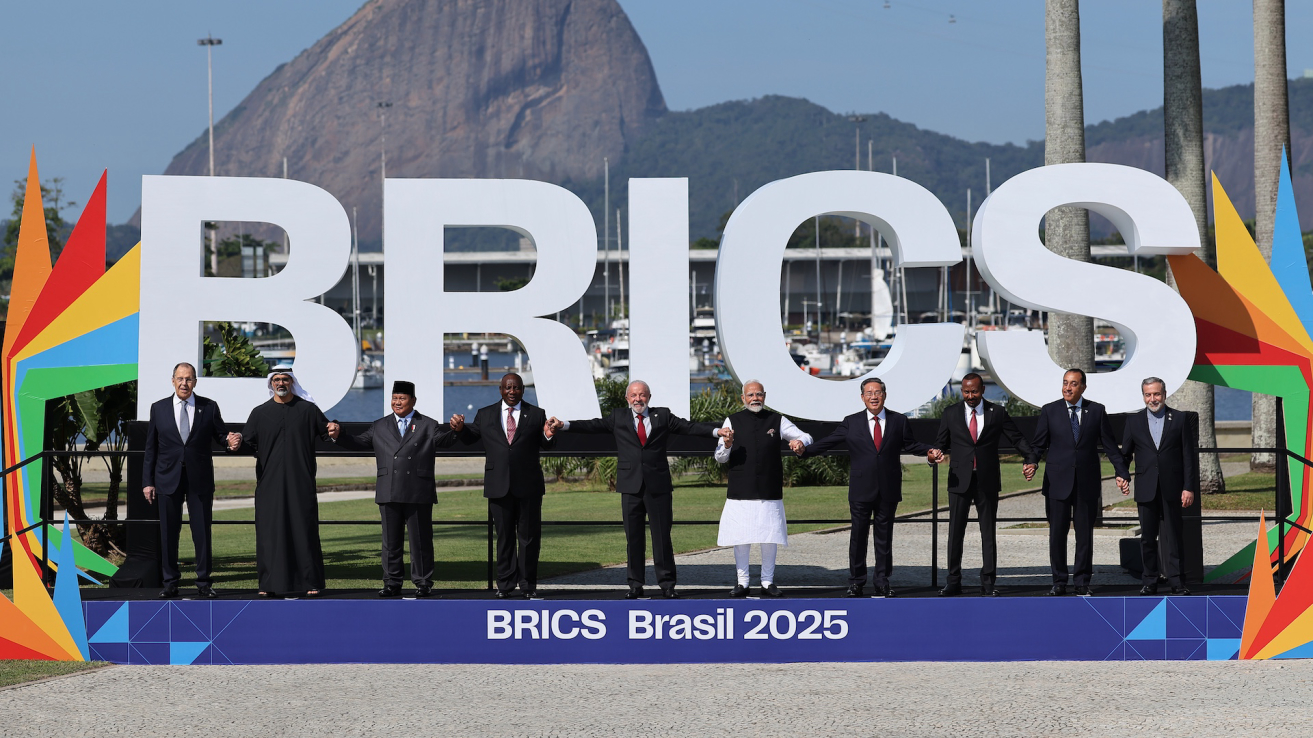
India and Russia, as leading members of BRICS, have built a strategic partnership that goes beyond trade. Their cooperation is key to BRICS’ vision of a more balanced global order – one where countries assert their independence and make decisions free from external pressure. Amid mounting geopolitical challenges, their partnership reaffirms BRICS’ principles of self-determination, solidarity and autonomy.
As tensions escalate on the world stage, India’s firm refusal to yield signals a defining moment. The message couldn’t be clearer: sovereignty is not up for debate.
